Hunter safety education is a vital aspect of responsible hunting, and its roots trace back through a fascinating history. The evolution of hunter safety education reflects society’s commitment to preserving our natural resources and ensuring the well-being of both hunters and the environment. In this article, we’ll delve into the rich history of hunter safety education.
Early Days of Hunting:
In the earlier centuries, hunting was not just a pastime but a necessity for survival. There were few formal guidelines or safety precautions, and hunting knowledge was often passed down through oral traditions.
The Rise of Conservation Movements:
As the 19th century progressed, the conservation movement gained momentum. Pioneers like George Bird Grinnell and Theodore Roosevelt played crucial roles in advocating for wildlife preservation. They recognized the need for responsible hunting and conservation.
1920s and the Formation of Hunter Safety Courses:
In 1927, the American Game Association, known today as the National Shooting Sports Foundation, started offering hunter safety courses. These early programs aimed to teach hunters safe firearm handling, ethical hunting practices, and wildlife conservation principles.
The 1940s and the Hunter Safety Act:
In the 1940s, a tragic increase in hunting accidents prompted more significant action. The Hunter Safety Act of 1949 in New York became a pioneering piece of legislation, requiring hunters to complete safety courses before obtaining hunting licenses.
The Spread of Hunter Safety Education:
Following New York’s lead, many other states began to implement similar hunter safety education programs. These courses covered essential topics such as firearm safety, wildlife conservation, and hunter ethics.
Hunter Safety in the Modern Era:
Today, hunter safety education has evolved to include a comprehensive curriculum that reflects the latest safety standards, hunting laws, and environmental concerns. These courses are widely available both in-person and online, making them accessible to hunters of all ages and experience levels.
The Benefits of Hunter Safety Education:
- Reducing Accidents: The primary aim of these courses is to reduce hunting-related accidents, ensuring that hunters can enjoy their sport safely.
- Conservation: Education promotes an understanding of the importance of wildlife conservation and the role hunters play in preserving natural habitats.
- Ethical Hunting: Hunter safety courses instill principles of ethical hunting, such as fair chase and respect for wildlife.
Conclusion:
The history of hunter safety education is a testament to the commitment of hunters, conservationists, and lawmakers to ensure that hunting remains a sustainable and responsible endeavor. These courses not only improve safety but also contribute to the long-term preservation of our natural world.
At HunterSafetyCourse.com, we’re proud to be a part of this enduring tradition. We offer comprehensive, certified hunter safety courses designed to equip hunters with the knowledge and skills necessary for responsible and enjoyable hunting. Join us in continuing this rich history of hunter safety education.
Safe hunting and conservation are inseparable, and together, we can ensure a bright future for both hunters and our natural environment.
